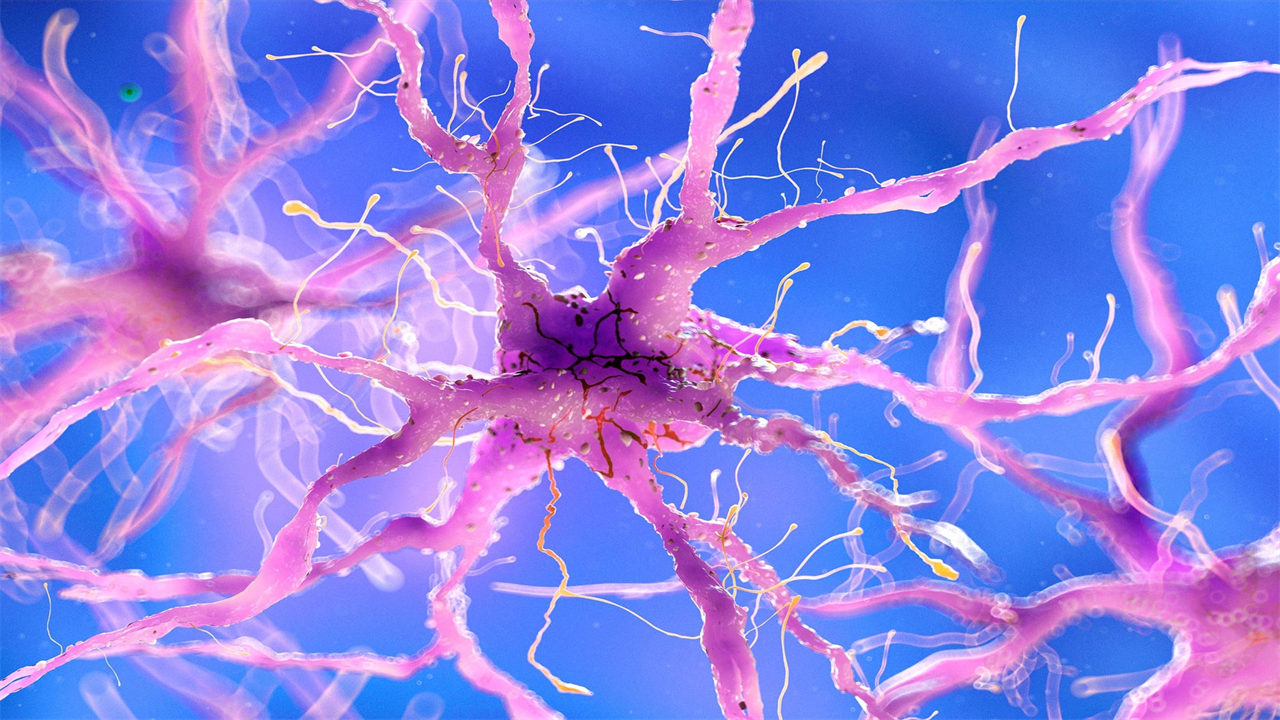COVID-19 Can Trigger Guillain-Barré Syndrome
0 View
Share this Video
- Publish Date:
- 2 October, 2021
- Category:
- Covid
- Video License
- Standard License
- Imported From:
- Youtube
Tags

A new article in Brain, published by Oxford University Press, indicates that a COVID-19 infection can lead to Guillain-Barré syndrome.
Since early 2020, the COVID-19 pandemic has affected the entire world, either through direct infection or its social and economic consequences. In addition to the known serious respiratory symptoms and the risk of long-term complications, researchers and public health officials have also reported both central and peripheral neurological complications.
Guillain-Barré syndrome is an autoimmune disease in which a person’s immune system attacks nerves, causing muscle weakness and sometimes paralysis. The disease can last for weeks or several years. The disease is relatively rare (3,000-6,000 people develop the condition in the United States each year), but it can be serious.
The condition is caused by an acute bacterial or viral infection. Since the start of the pandemic, doctors have reported more than 90 Guillain-Barré diagnoses following a possible COVID-19 infection. However, it is unclear whether COVID-19 is another possible infectious trigger or whether the reported cases are coincidental.
Using an international collection of Guillain-Barré syndrome patients known as the International GBS Outcome Study (or IGOS), researchers studied patients from January 30 to May 30, 2020. During this period, approximately 49 Guillain-Barré syndrome patients from China were enrolled in the study added, Denmark, France, Greece, Italy, Netherlands, Spain, Switzerland and the United Kingdom.
In this cohort study, 22% of patients with Guillain-Barré syndrome enrolled during the first 4 months of the pandemic had a previous COVID-19 infection. These patients were all over 50 years of age and patients (65%) often had facial paralysis (64%) and had a demyelination form of GBS. At hospitalization, 73% of Guillain-Barré patients with COVID-19 infection had elevated inflammatory markers. All of these patients met the diagnostic criteria for both Guillain-Barré syndrome and COVID-19.
However, the researchers emphasized here that they did not find more patients with Guillain-Barré syndrome during the first four months of the pandemic than in previous years. This suggests that while a strong association between COVID-19 infection and Guillain-Barré syndrome is unlikely, COVID-19 infection can sometimes lead patients to develop Guillain-Barré syndrome.
“Our study shows that in rare cases COVID-19 can precede Guillain-Barré syndrome, said Bart C. Jacobs, one of the authors of the paper, “but the existence of a true association or causation must yet to be determined.”
Reference: “Guillain-Barré syndrome after SARS-CoV-2 infection in an international prospective cohort study” by Linda WG Luijten, Sonja E Leonhard, Annemiek A van der Eijk, Alex Y Doets, Luise Appeltshauser, Samuel Arends, Shahram Attarian, Luana Benedetti, Chiara Briani, Carlos Casasnovas, Francesca Castellani, Efthimios Dardiotis, Andoni Echaniz-Laguna, Marcel PJ Garssen, Thomas Harbo, Ruth Huizinga, Andrea M Humm, Korné Jellema, Anneke J van der Kooi, Krista Kuitwaard, Thierry Kuntzer, Susumu Kusunoki , Agustina M Lascano, Eugenia Martinez-Hernandez, Simon Rinaldi, Johnny PA Samijn, Olivier Scheidegger, Pinelopi Tsouni, Alex Vicino, Leo H Visser, Christa Walgaard, Yuzhong Wang, Paul W Wirtz, Paolo Ripellino, Bart C Jacobs and the IGOS consortium , September 23, 2021, Brain.
DOI: 10.1093/brain/awab279










